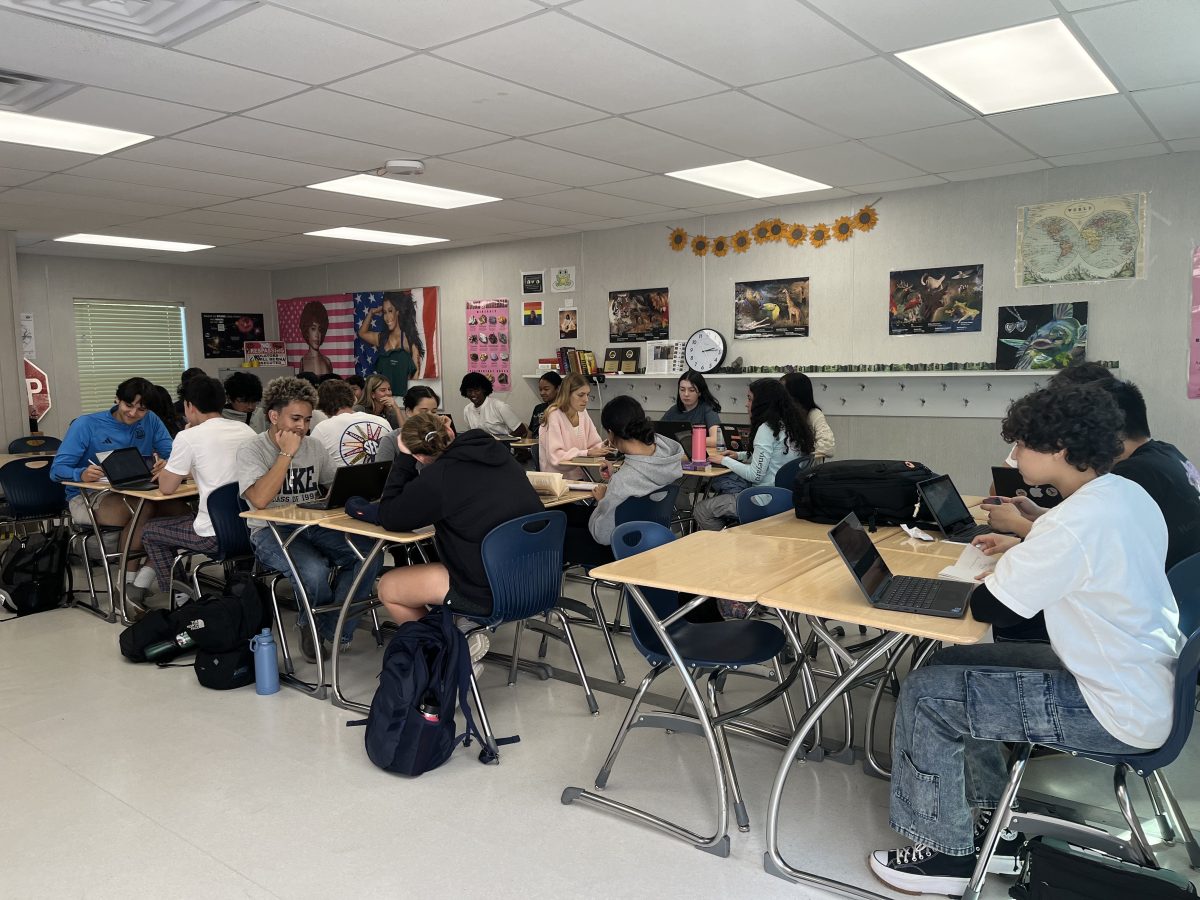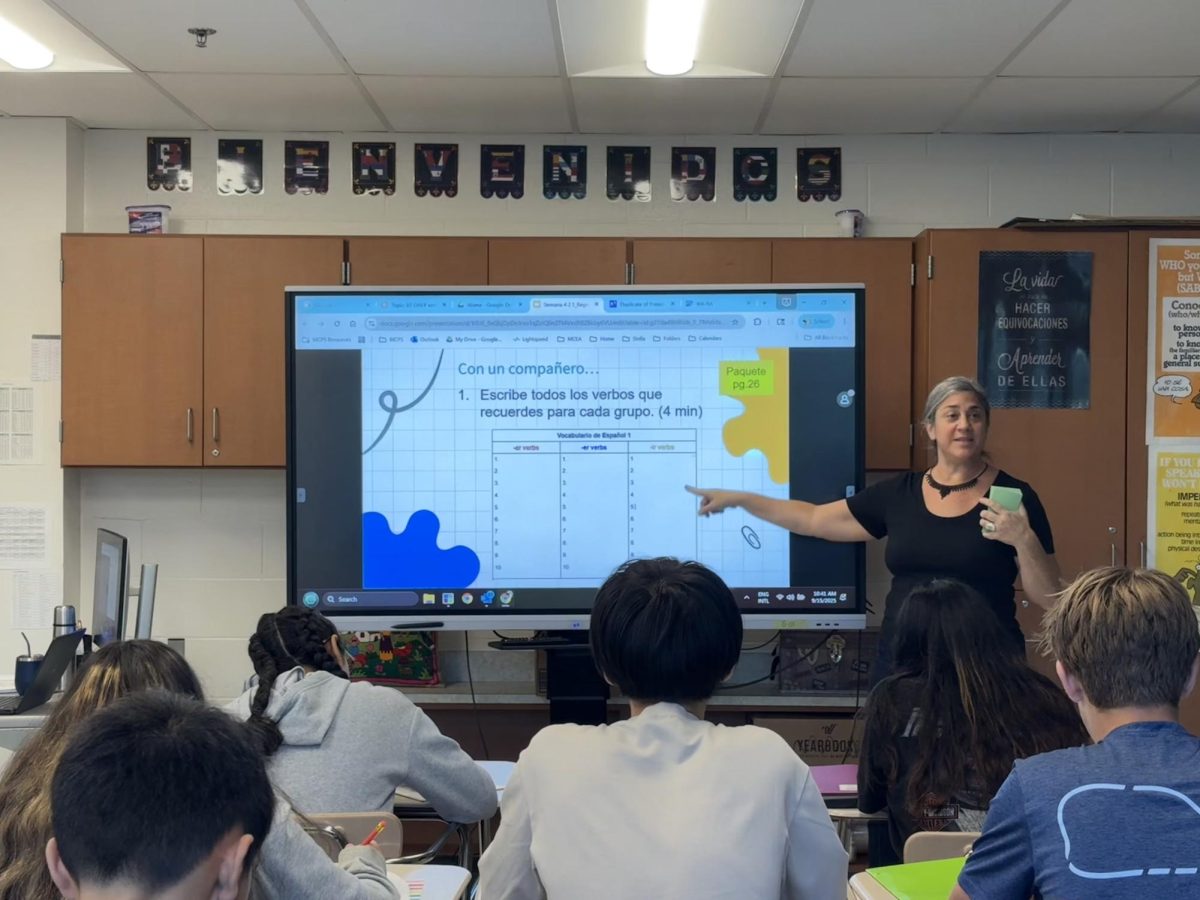WJ offers three advanced placement English classes: AP English Literature and Composition (AP Lit), AP English Language and Composition (AP Lang) and recently added this school year, AP Seminar. Most students tend to take AP Lang and AP Lit, but what are the differences and similarities between these two courses, and which one is more helpful for students’ skill development?
AP Lang largely focuses on identifying the rhetorical choices made by authors in non-fiction work, analyzing their effects and implementing similar choices in students’ writing. From teaching students how to improve their argumentation skills to synthesizing various texts to learning about logical fallacies, students believe AP Lang teaches them how to write with a purpose, a skill that is very useful for college applications.
“I think it’s a good life skill to know how to write very informationally and structured [which is taught in AP Lang],” senior Mia Milicevic said.
On the other hand, AP Lit focuses largely on analyzing fiction novels and short stories, teaching students how to analyze novel content as well as author choices. The workload includes reading approximately four books per semester, most of which are classical works. These books are read at a fast pace and students often have trouble understanding their complexity or simply keeping up with the required reading.
“I think for both courses, heavy discussion and working in student teams to talk about the text [is] the core foundation for full [understanding]. Then just trying to break down the skills for each [text is the second step]. I think with AP Lit the skills tend to overlap and build, you’re just changing up the genres, so you study poetry versus short stories. But the skills tend to overlap [because] you’re looking at the complexity of the ideas,” AP Lit and Lang teacher Jeanne Pugh said.Regarding AP Lit, many students, especially those who did not previously take AP Lang, struggle with timed writing assignments because their expectations and rubrics are often not talked about in class.
“I prefer AP Lang because in Lang they very thoroughly outlined how we need to write each of the essays, so for the timed writings, you knew what to expect and what to write but I feel like [for] Lit, they never really explained how to write the timed writings they just expected us to know,” senior Alexa Buss said.
Moreover, some students feel that AP Lit doesn’t apply to life beyond high school and the skills that students learn in class aren’t applicable to many professions.
“Lit is very directed towards the books and if you don’t [pursue a profession that features] reading, you’re not going to use a lot of those skills [in the workplace],” Buss said.
While the two courses vary in their focuses, they both feature close analysis of written works as well as similar themes and assignments.
“I think the key foundation for AP Lang [is that] it is a course about the study of rhetoric and how to apply that to writing and it has a heavy focus on nonfiction versus AP Lit which is heavy literary analysis and its fiction. But both overlap with rhetorical analysis and literary analysis because you look at the effects being created in the writing. It’s just the lens is slightly different,” Pugh said.
Both AP Lit and AP Lang teach students a variety of unique skills. But, a student’s success is not always determined by their love or hate for writing or classical works.
“I think [the key to student success in AP Lit and Lang is] just encouraging [students] to take risks in class discussions and with the harder texts we are doing, Shakespeare right now we’re reading “King Lear”, supplying students with supports that will help them build confidence. And with the writing skills, looking at things incrementally and building confidence over time. And our books tend to be very engaging,” Pugh said.









